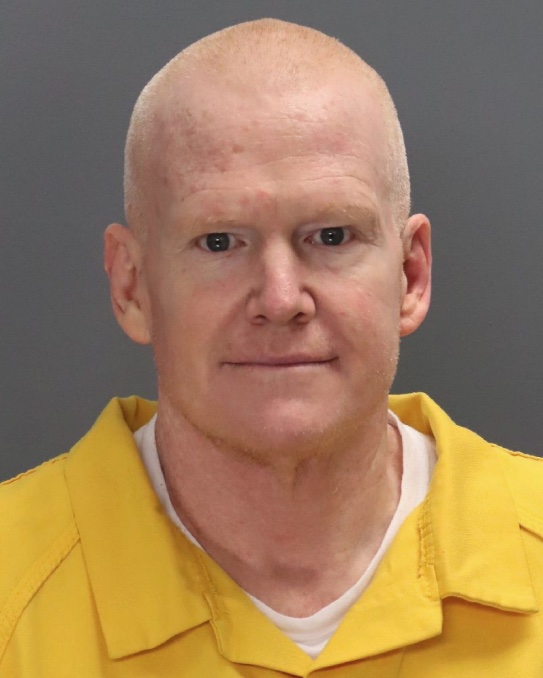On 18 September 2023, former South Carolina personal injury attorney Richard Alexander “Alex” Murdaugh entered into a plea agreement with federal prosecutors whereby he pled guilty to 22 criminal counts pertaining to wire fraud, bank fraud, and money laundering. Earlier that year, Murdaugh had been convicted in state court for the murder of his wife and son.
The federal plea agreement required that Murdaugh provide “full, complete and truthful information about all criminal activities about which he/she has knowledge.”
The plea agreement includes the following boilerplate polygraph clause. Similar language has been used in other federal plea agreements:
- The Defendant agrees to submit to such polygraph examinations as my be requested by the Government and agrees that any such examinations shall be performed by a polygraph examiner selected by the Government. Defendant further agrees that his/her refusal to take or his/her failure to pass any such polygraph examination to the Government’s satisfaction will result, at the Government’s sole discretion, in the obligations of the Government within the Agreement becoming null and void.
Because polygraphy has no scientific basis, and outcomes can be influenced by the polygraph operator’s expections and biases (or the expectations and biases of the polygrapher’s higher-ups), this polygraph clause grants the government the power to abrogate a plea agreement for arbitrary and capricious reasons.
On Tuesday, 26 March 2024, federal prosecutors filed a “Motion to Hold Defendant in Breach of Plea Agreement,” averring that “Murdaugh has failed to cooperate as required under the plea agreement and has failed a polygraph examination administered at the Government’s request.”
On Thursday, 28 March 2024, attorneys for Murdaugh filed a sentencing memorandum challenging the government’s reliance on polygraph evidence. That memorandum, signed by attorney James M. Griffin, notes, among other things:
…we address the Government’s late filed motion contending that Murdaugh breached his plea agreement by failing to pass a polygraph administered by the Federal Bureau of Investigation. The Government’s motion is untimely and should not be considered at the currently scheduled sentencing hearing because a full evidentiary hearing, affording Murdaugh his Sixth Amendment right to confront the polygraph examiner, will be necessary to address the Government’s assertion that Murdaugh failed a polygraph examination. There are legitimate questions as to whether the Government intentionally manipulated the results to void the plea agreement and achieve prosecutors’ stated desire “to ensure that he’s never a free man again….”
The polygraph examiner engaged in what can only be described as odd conduct during the pre-test interview, first declaring his belief that Murdaugh is innocent of the murders of his wife and son, and then “secretly” confiding in Murdaugh that he had just returned from performing a polygraph examination on Joran Van der sloop regarding the murder of Natalee Holloway. The polygraph examiner also argued with Murdaugh over the meaning of “hidden assets” which the examiner used in his test question. As explained herein, this alone could have caused Murdaugh to react to the question. The Government has also refused to produce the charts of the polygraph examination so we can have them examined by an expert to determine whether the Government has accurately scored the results. Instead, the Government asked the Court to credit its accusation that Murdaugh breached his plea agreement while denying him an opportunity to dispute the accusation in a meaningful manner.
Here it is worth noting that if the FBI polygrapher followed the standard FBI practice of not recording the examination, then it will not be possible for Murdaugh to prove what was said or not said in the polygraph suite. In 2016, a U.S. district judge threw out a confession obtained in the course of an FBI polygraph examination over concerns about the voluntariness of that confession. In that case, the judge observed:
The equipment used by Agent Sullivan was capable of making an audio recording. Pursuant to FBI policy, Agent Sullivan did not record the pre-test or the polygraph examination proper, and for reasons of her own, did not record the post-test interrogation. Under the circumstances of this case, the absence of a recording of the interrogation, which would have permitted the Court to hear the actual words and the tones of voice of the participants, constitutes a failure of proof as to whether SA Sullivan conducted her interrogation within Fifth Amendment bounds.
Polygraph “testing,” a thoroughly discredited, century-old, cop-invented pseudoscience, should have no place in any judicial proceeding.
